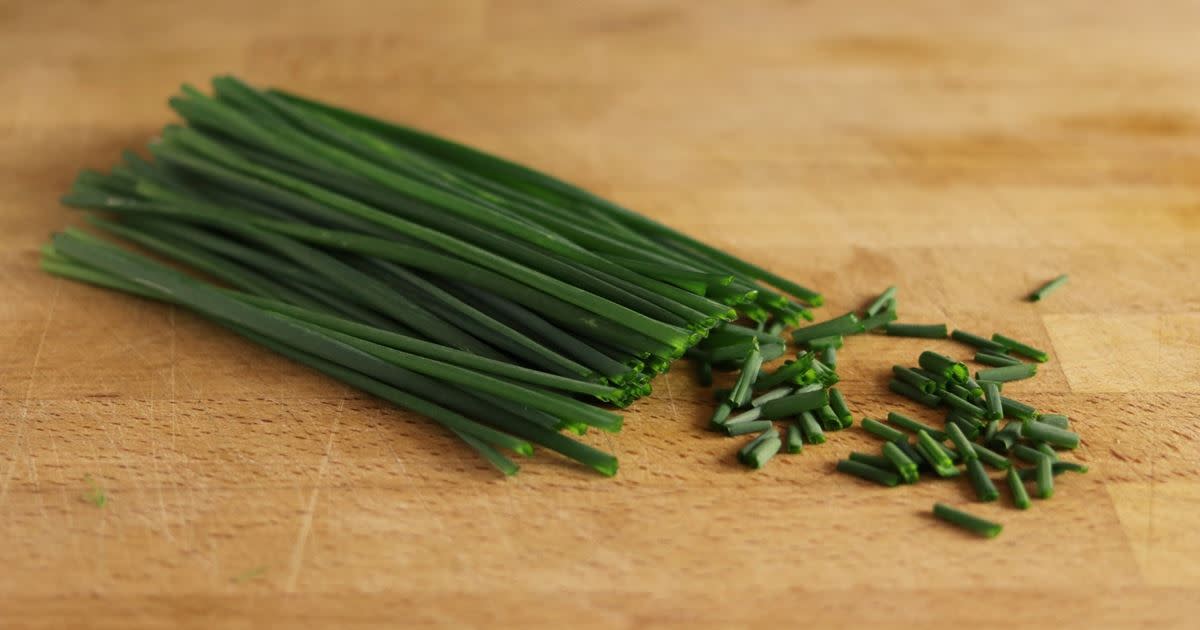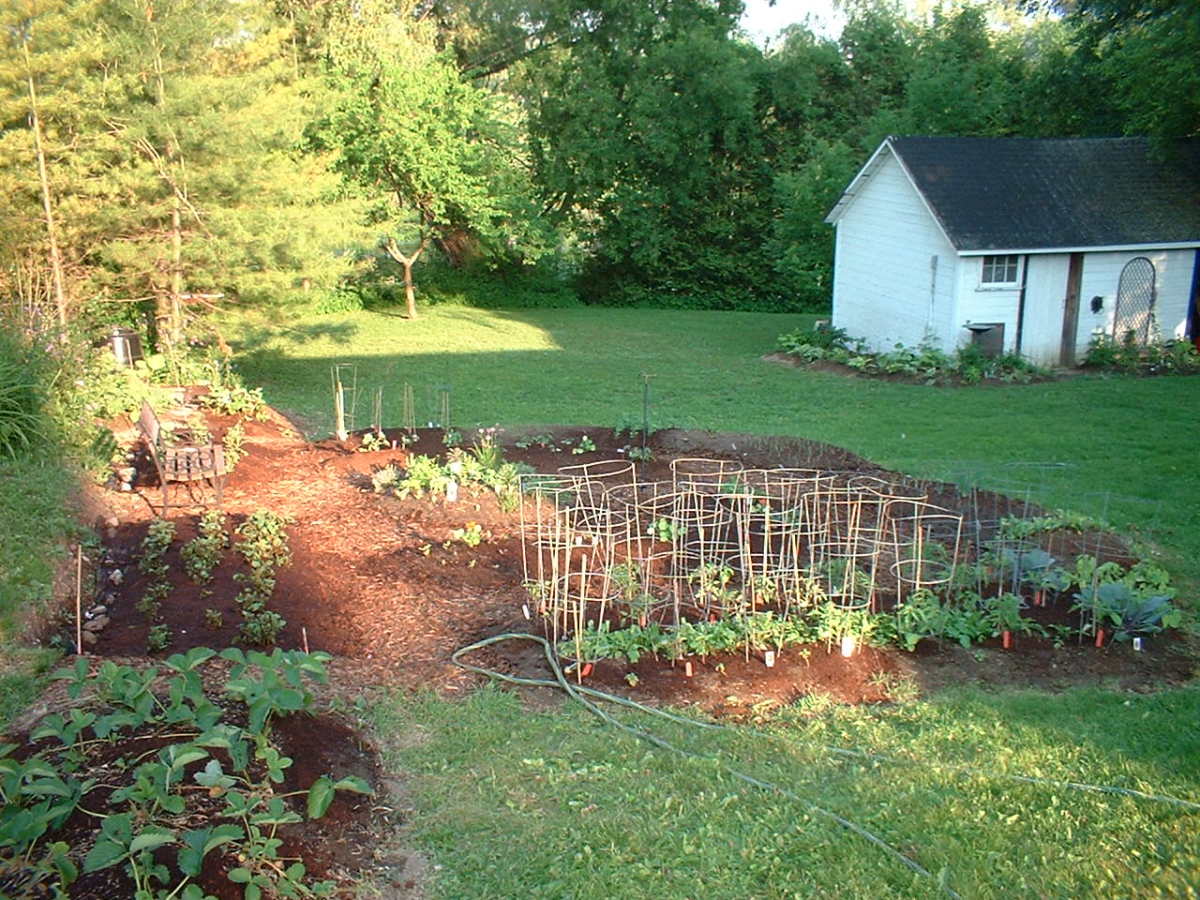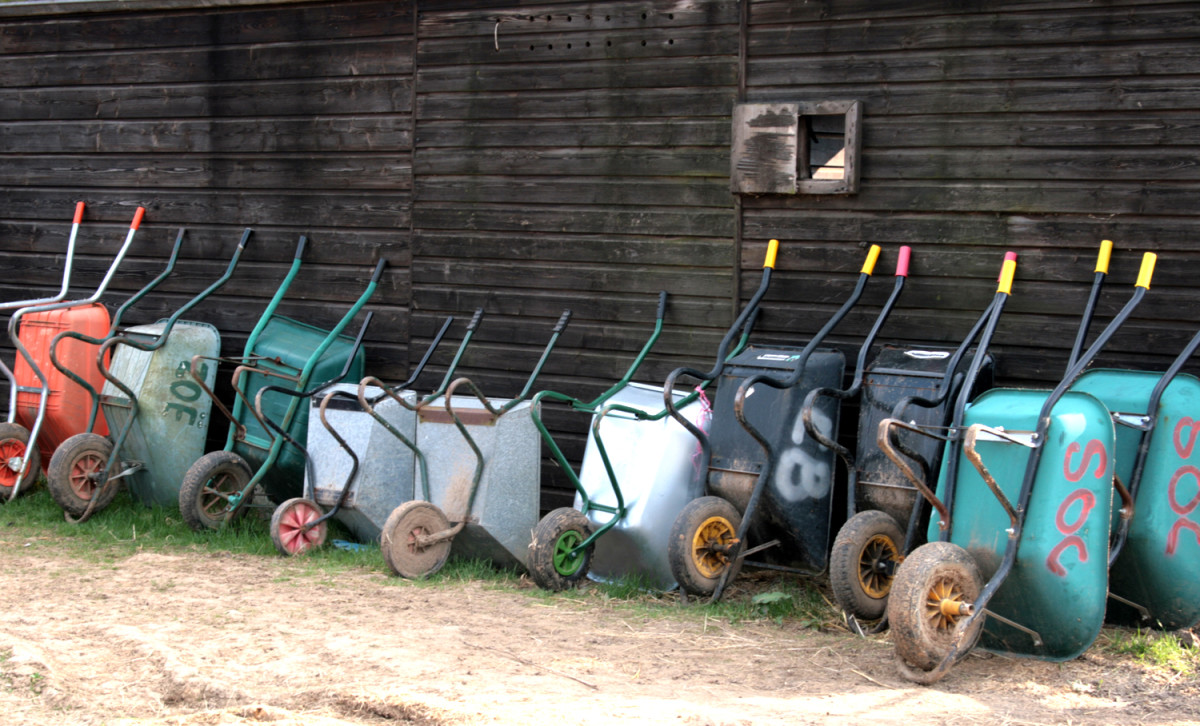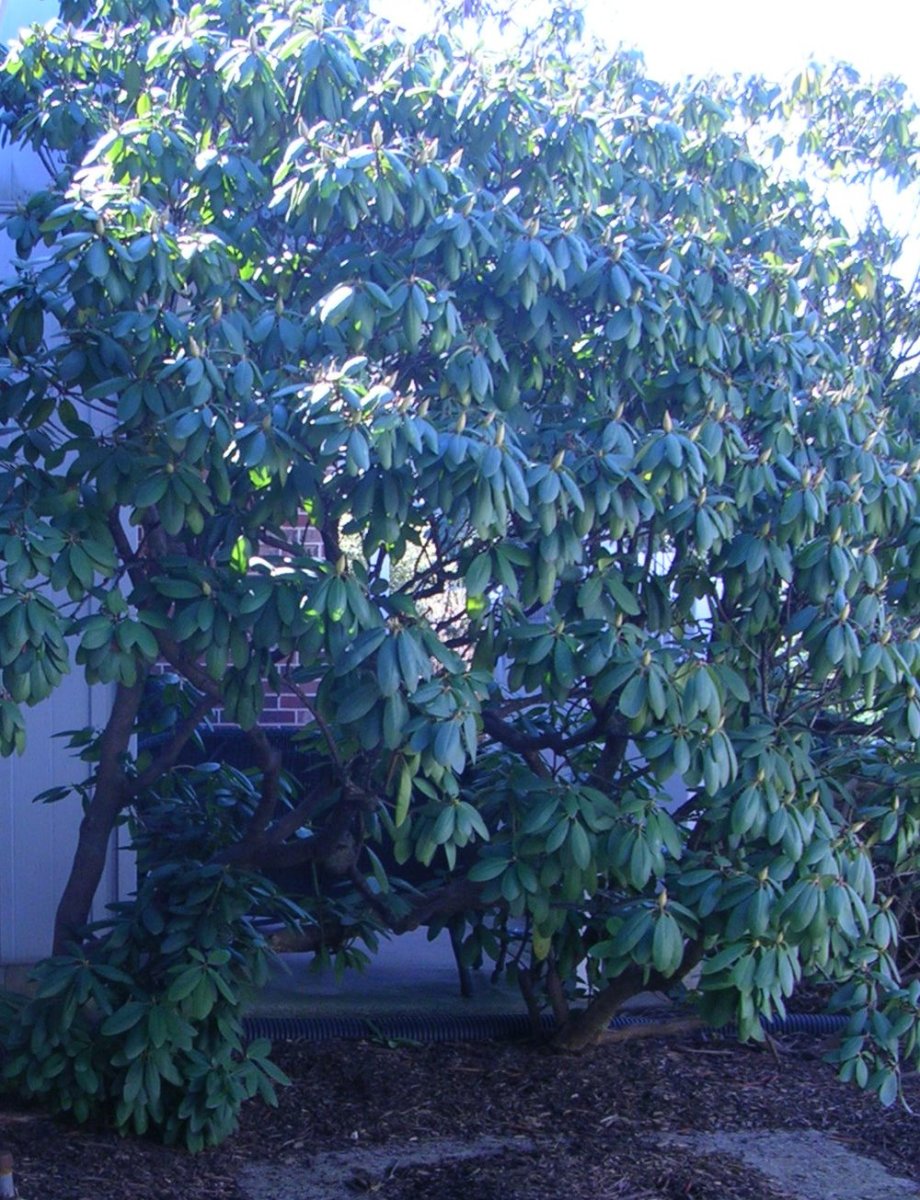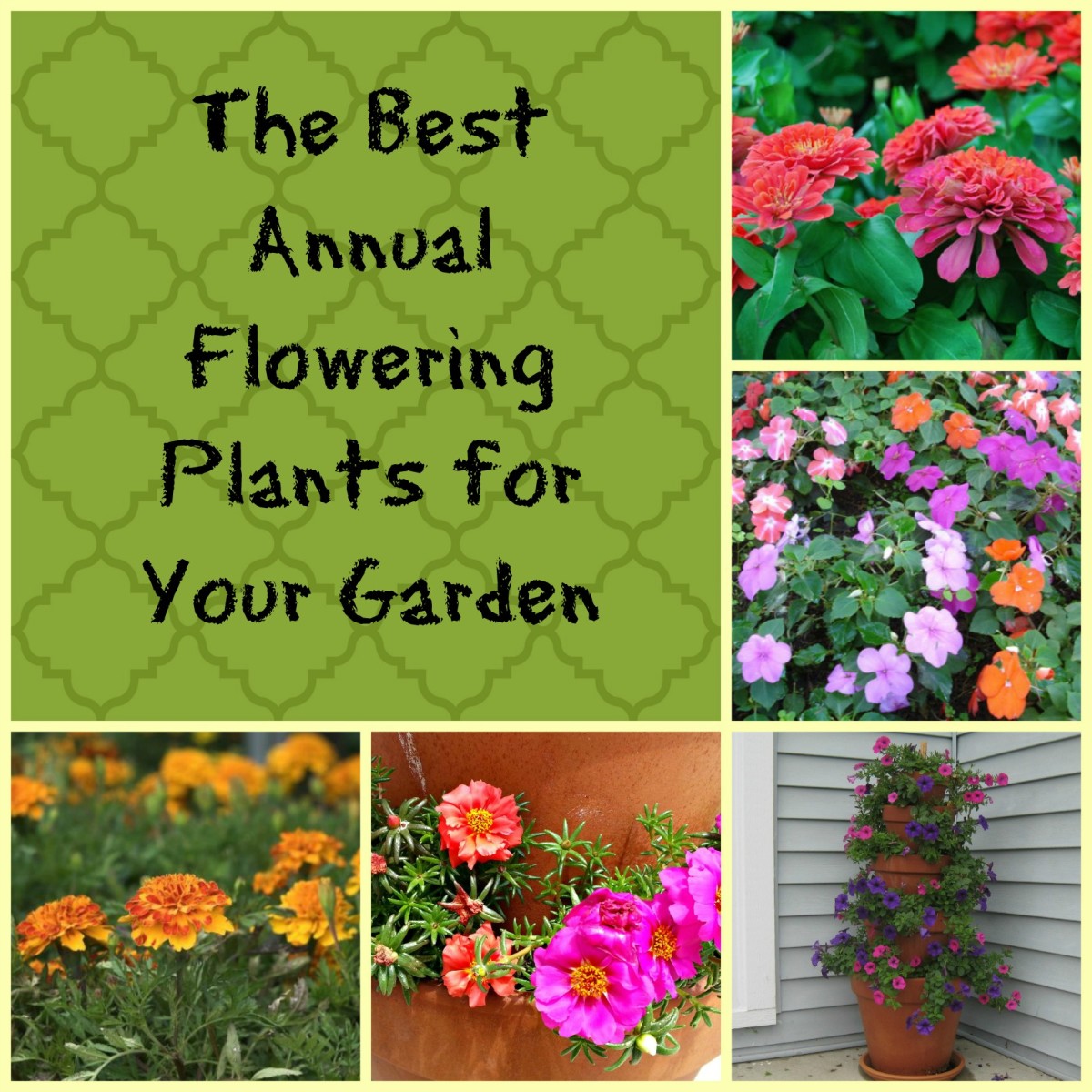The Cheap and Easy Organic Home Garden
Cheap and Easy Organic Gardening
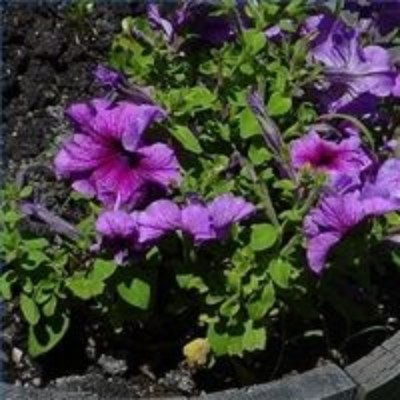
Organic Flower and Vegetable Gardening
Organic home gardening eliminates the use of chemicals in growing flowers and vegetables. It uses only natural ingredients returned to the soil to provide nutrients. Grass, hay, and fruit or vegetable scraps are all methods of renewing soil fertility through organic methods. There are a few key principals of organic gardening that you will need to know to grow an amazing and bountiful organic home garden.
Fertilizing Organic Home Garden Soil
Organic Gardening Soil
So much money is wasted each year purchasing synthetic fertilizers. What may be worse is the amount of money wasted each year purchasing so-called "organic" fertilizers. You do not need to purchase anything for your organic home garden. In fact, free fertilizers exist right in your yard that will provide your organic home garden more nutrients than overprice commercial fertilizers. Composting will give your soil the nutrients it needs. To begin composting, save your fruit and vegetable scraps, coffee grounds, and egg shells in a can under your sink. A few times a week take the scraps out to your compost pile outside. A compost pile is where your yard clippings and kitchen scraps accumulate, fertilizing the soil as they decompose. You can also use a bucket or barrel full of dirt to hold the scraps, but there will need to be a place for water to drain and worms to get in. Worms are the secret composting soldiers. You don't need to buy them, just allow them access and they will get in. The soil under your pile of rubbish will be very fertile. Shovel it up and use it to fertilize your garden in the spring.
Starting Seeds in Reused Toilet Paper Rolls
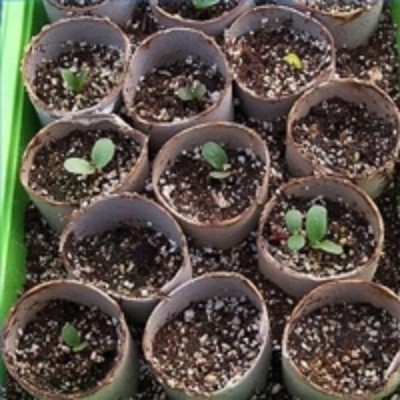
Start Seeds by Reusing Household Items
Green Tips for the Organic Home Garden
Organic produce is not only healthier and tastier, it is better for the environment because it is free of pesticides. I garden with heirloom seeds. You don't have to stop at greener, environmentally friendly produce. You can also be green in your methods of starting your seeds by reusing household items. Save yogurt containers, empty toilet paper rolls, or paper towel rolls. All of these reused items make excellent tools for seed starting. Poke a small hole in the bottom of the yogurt container. Gently press in around the bottom edges of the paper rolls to fold them in and create a bottom. Fill with soil. Line a pop flat, or a long cardboard flat with saran wrap to prevent leaks. Press the seeds into the soil containers about1/4 of an inch. Water regularly and keep them in a sunny window.
Lettuce Gone to Seed
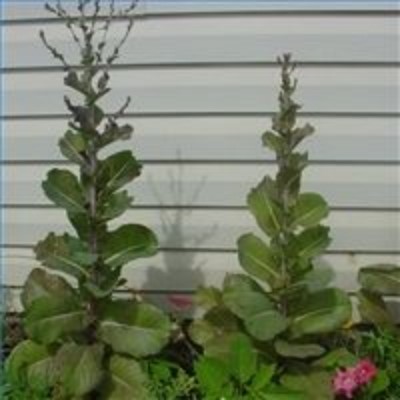
Organic Vegetable Gardening the Cheap and Lazy Way
Organic Vegetable Gardening Doesn't Have to Be Hard
I tend to be a lazy organic gardener. I also tend to be cheap. So, I have come up with ways to allow my organic home garden to save it's own heirloom seeds and fertilize itself with as little intervention on my part as possible.
Allow some of your vegetables to go to seed. Lettuce, onions, or any other vegetable that you grow in your garden will eventually sprout seeds. When they do this, they are passed the harvesting period, but you can gather enough seeds from one or two plants to start next year's garden.
This past summer, I also experimented with organic vegetable gardening along side my house with my flowers, rather than isolating my garden half an acre away in my yard. This made weeding and watering less labor intensive. The flowers also make good companion plants for the organic garden vegetables, as many flowers deter pests. Marigolds, for example, repel beetles. Visit this list of flowering plants and the insects that they repel for further reading.
Tomatoes
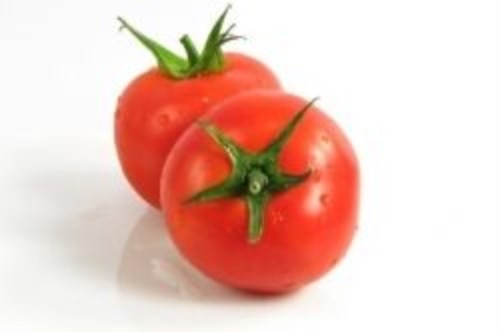
Controlling Pests Without Pesticide in the Organic Home Garden
Organic Vegetable Gardening an Pests
One of the challenges of an organic home garden is learning to control pests without chemicals. Garden pests can be controlled with companion planting, herbs, essential oils, and mild soaps. There are several tips and resources to get your started in removing pests without disturbing the ecosystem in your organic vegetable garden.
Organic Gardening Books on Amazon
Trees
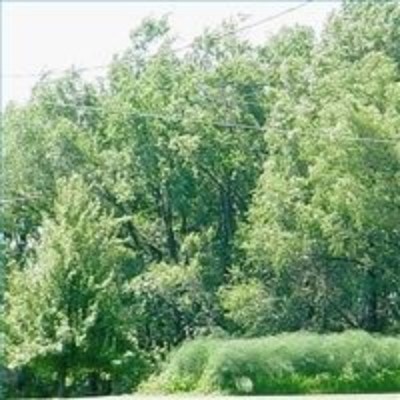
Trees and the Environment
Trees clean the air. They breath in carbon dioxide and release oxygen, something we all need. They also filter contaminants and pollution from the air we breath. The more we pollute the air, the more we need trees to stay healthy. A well positioned tree can also shade your home in the summer cutting down on unwanted energy expenses. Finally, a tree can reduce noise or obstruct and unwanted view.
Growing How-Tos
- How to Grow Organic Stawberries at Home
Strawberries are a very easy fruit to grow at home organically. They are not particularly prone to pests and will provide an abundance of strawberries each summer with minimal care. Here you will find everything you need to know to get strawberries s
Ways to Recycle in the Organic Garden
- Repurposing for the Garden: Using Unwanted Items and Household Waste for the Garden
Household items are great resources for repurposing in the garden and putting unwanted materials to good use. Plastic milk jugs can be turned into garden cloches, plastic and scrap lumber also protect garden rows during a frost. Pop bottles and milk
© 2008 hsschulte



